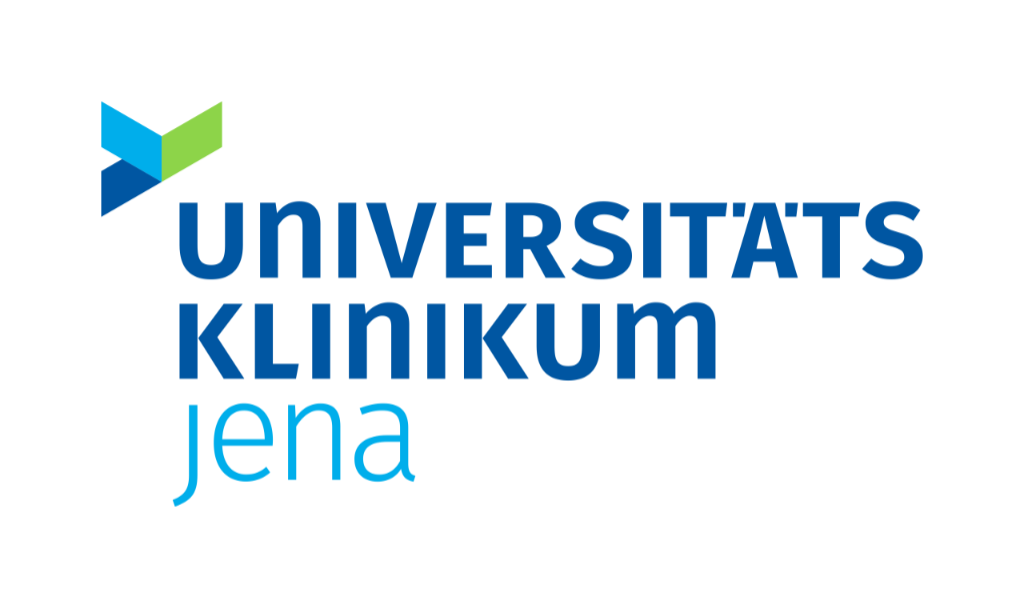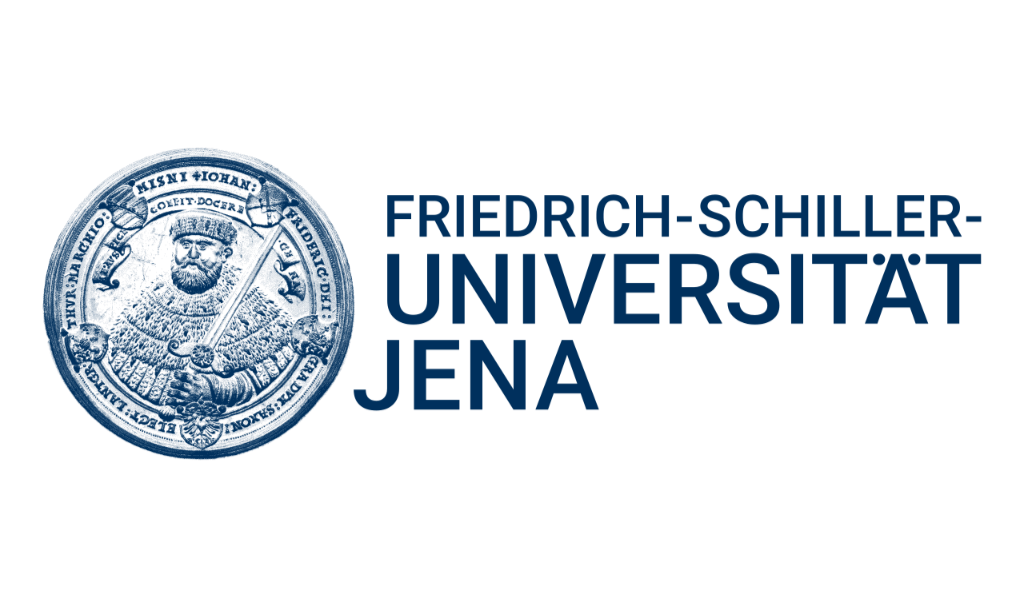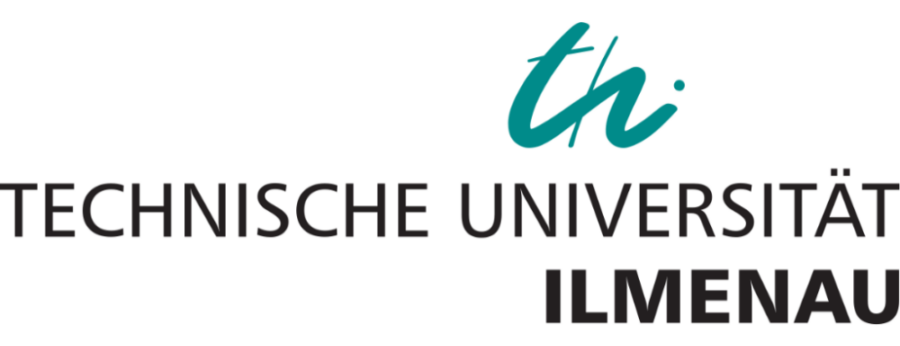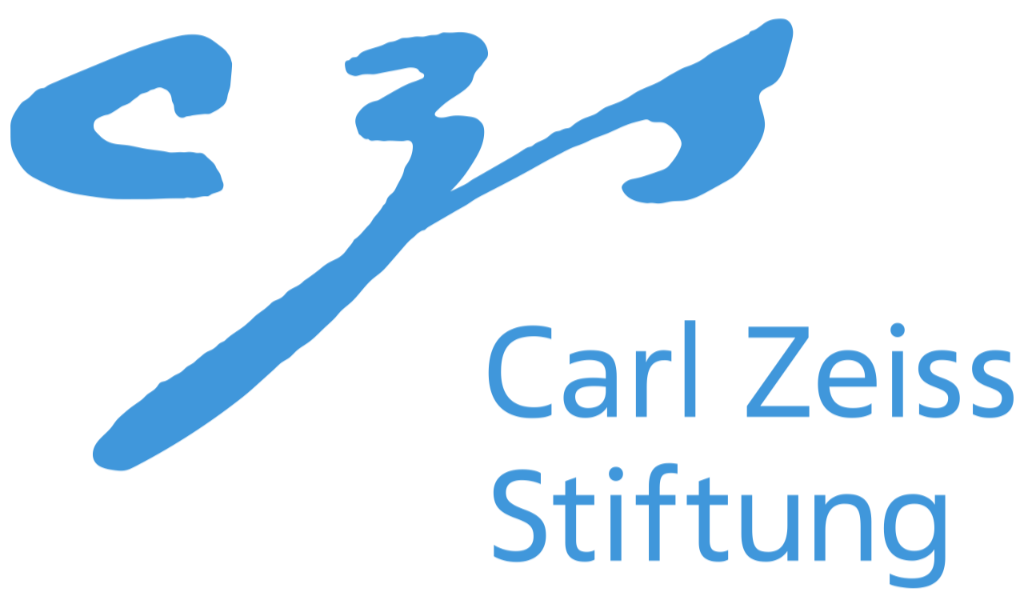Project partners
Universitätsklinikum Jena

Clinic for Ear, Nose and Throat Medicine
As the only university ENT department in the state of Thuringia, tumour surgery is the most important focus of clinical and research work at the ENT Clinic. The clinic is a certified head and neck tumour centre and has been using robot-assisted surgery since 2016 and has published 114 papers on head and neck tumours in the last 10 years (PubMed: 04.09.2022). The focus of the Innovative Biophotonics working group is head and neck tumour diagnostics. The unique selling point of the collaboration in the Denzler and Popp working groups is marker-free imaging; this has already resulted in 10 joint publications in high-ranking journals in the field. International visibility is currently being achieved through participation in three EU research consortia, all of which are concerned with the application of biophotonics in head and neck tumours.
Department of Neurosurgery
Neurooncology is the most important clinical and scientific focus at the only university neurosurgical facility in Thuringia under the direction of Prof Senft. The clinic is a certified neuro-oncology centre according to the criteria of the DKG.
Friedrich-Schiller-Universität Jena

Computer Vision Group Jena
The Chair of Digital Image Processing contributes to international research in the areas of image analysis/machine learning, unstructured data processing and causality. The current focus is on active and continuous learning, the development of hybrid models and knowledge integration in the context of deep learning methods as well as the handling of biased datasets and models (dataset and model bias). Causal modelling and analysis is one of the methodological drivers that are investigated, also to explain results of deep models and to arrive at a better uncertainty estimate of the results. The methods are applied with partners from different disciplines on the basis of the questions they pose, e.g. in the fields of ecology, psychology or medicine. One of the focal points is the cooperation with the project partners of the ENT department of the University Hospital Jena and the IPHT in the field of analysis and classification of tumour tissue.
Visualisation and Explorative Data Analysis Group
The aim of the visualisation group is to visualise data for better research and analysis. They work closely with experts in various fields to develop visualisation techniques that support their research. They use advanced 3D rendering on modern graphics hardware to gain insight into the data.
Institute of Physical Chemistry
The Institute of Physical Chemistry is a spectroscopy-oriented research institute focussing on the development, application and theoretical description of innovative frequency-, time- and spatially-resolved spectroscopic methods from the UV to the radio wave range.
Technische Universität Ilmenau

Biomechatronics is a bridging subject that combines mechatronics with biology and medicine. Ilmenau University of Technology recognised the potential of this field of research at an early stage and created Germany’s first professorship in “Biomechatronics” in 2002. Our declared aim is to develop and improve technical products by utilising biological and medical knowledge.
Cooperation partner
Institut für Photonische Technologien

The Leibniz Institute of Photonic Technology (IPHT) researches the scientific basis for photonic processes and systems of the highest sensitivity, efficiency and resolution. In line with the motto “Photonics for Life”, scientists develop customised solutions for issues in the fields of life sciences, environmental sciences and medicine.
Carl-Zeiss-Stiftung

The Carl Zeiss Foundation has set itself the goal of creating scope for scientific breakthroughs. As a partner of excellent science, it supports both basic research and application-oriented research and teaching in the STEM disciplines (mathematics, computer science, natural sciences and technology). Founded in 1889 by the physicist and mathematician Ernst Abbe, the Carl Zeiss Foundation is one of the oldest and largest private science-promoting foundations in Germany. It is the sole owner of Carl Zeiss AG and SCHOTT AG. Its projects are financed from the dividends distributed by the two foundation companies.
